Dozens arrested in India amid fresh violence over anti-Muslim WhatsApp post
More than 80 people have been arrested in India amid fresh violence sparked by incendiary WhatsApp post about Muslims, marking a fresh escalation in right-wing extremism in the Hindu-majority country.
According to reports, angry protesters on Saturday night attacked police in Hubli, 480 km north of Bengaluru in south India, after insulting messages against Muslims were spread on Whatsapp.
They protested against what they thought was insufficient action against the accused, a 20-year-old Hindu radical, who had posted an inflammatory photoshopped picture of a saffron flag hoisted atop a mosque as his Whatsapp status message.
The police soon swung into action and arrested 88 people, mostly Muslims.
According to a report in The Wire, the Whatsapp post was created by a member of a radical Hindu outfit, who described himself as ‘Ram Sena Shiva Hindu Huli‘ (Ram Sena Shiva, the Hindu tiger) in the incendiary post.
Tensions between the majority Hindu and minority Muslim communities in the world’s largest democracy have heightened under the Hindu nationalist Bharatiya Janata Party (BJP) government.
Attacks against the members of the minority community have intensified in recent weeks during religious processions in several parts of the South Asian country.
Indian premier Narendra Modi has been accused of emboldening radical Hindu groups with his anti-Muslim policy measures, even though his party has dismissed any rise in communal tensions.
A total of 23 people have been arrested in the capital city of New Delhi in connection with clashes that broke out between the members of the two communities during a procession on Saturday.
Delhi Police, which identified and arrested two Muslim men, on Sunday said it was probing “a larger conspiracy” behind the incident.
It came after an unruly mob set fire to two structures and vandalized homes belonging to a Muslim family in Agra’s Ranukta area, accusing him of allegedly kidnapping a local woman from another community, a charge he rejected.
It forced many tenants from the minority community to temporarily move from the area even as most markets remained closed on Saturday, according to local reports.
Eyewitnesses and neighbors were quoted as saying that more than a hundred people carrying petrol bombs, rods, and sticks barged into the Muslim family’s home.
“It felt like they were on a mission. They even managed to uproot railings on the parapet,” Mustaqeem, a neighbor, told the Indian Express newspaper. “They threw petrol bombs, set fire to cylinders to lead to a bigger blaze. Thankfully, no one was in the house.”
While such incidents of extremist violence targeting the minority community have become commonplace since 2014, when the BJP government assumed power, the tide has turned scary recently.
Last week, in a shocking incident, a Hindu man was seen climbing a mosque wall and planting a saffron flag on top of its gate in the eastern Indian state of Bihar during a religious festival called Ram Navami.
He was cheered on by scores of men riding bikes, flashing swords, and hockey sticks, as he hoisted the flag, the color of which is associated with Hindu nationalist groups.
“A caretaker of the mosque started resisting them, leading to a brawl. It was only after they started to desecrate the mosque that Muslims got angry and clashes started and stones were thrown,” Tabreez Khan, 39, a witness of the violence, was quoted as saying.
Meanwhile, other states including West Bengal, Gujarat, Madhya Pradesh, and Jharkhand also reported incidents of communal violence on the day of Ram Navami, the Hindu religious festival.
The latest incidents have only increased the polarization between the two communities in India, which observers and activists believe could hurt the image of the country as a secular, democratic republic.
The toxicity of hate and hostility toward Muslims, who make up around 14 percent of the country’s 1.4 billion population, threatens to tear apart the fabric of India’s secular democracy.
Recently, the ban on wearing hijab in schools in a southern Indian state turned into a new flashpoint in the battle over the rights of religious minorities in India, sparking a global outcry.
While Muslim students have stood their ground and refused to cave in, radical Hindu groups backed by the state have been resorting to extreme, repressive measures to enforce the diktat.
D-8’s role in Iran’s economy after Cairo summit
China slams US as ‘war-addicted’ threat to global security
China ‘firmly opposes’ US military aid to Taiwan
VIDEO | Press TV's News Headlines
President Yoon Suk Yeol to be removed from office
At least 19 Gazans killed by Israeli airstrikes since dawn: Medics
Leader: Iran neither has nor needs proxy forces
US fighter aircraft shot down ‘in friendly fire’ amid aggression on Yemen


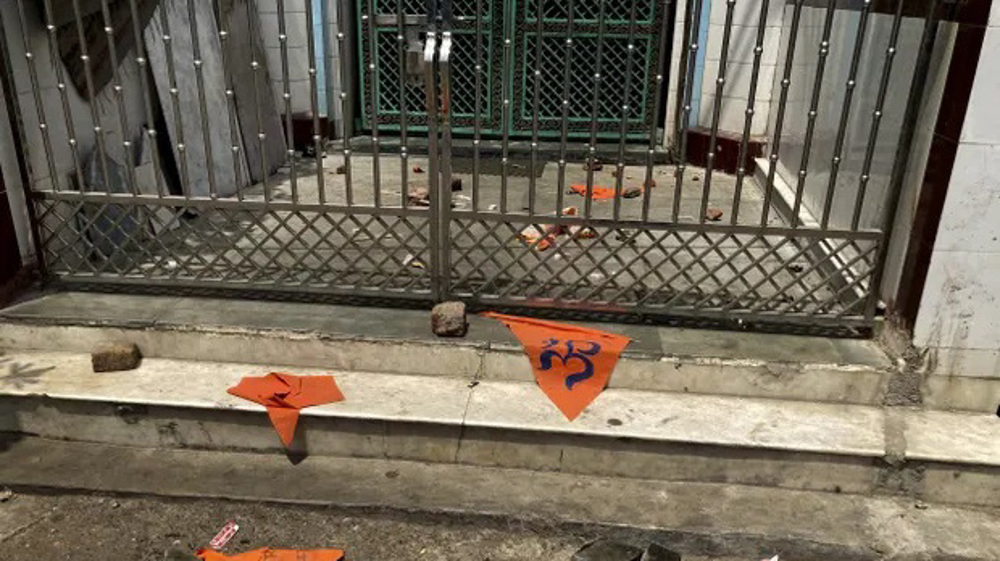
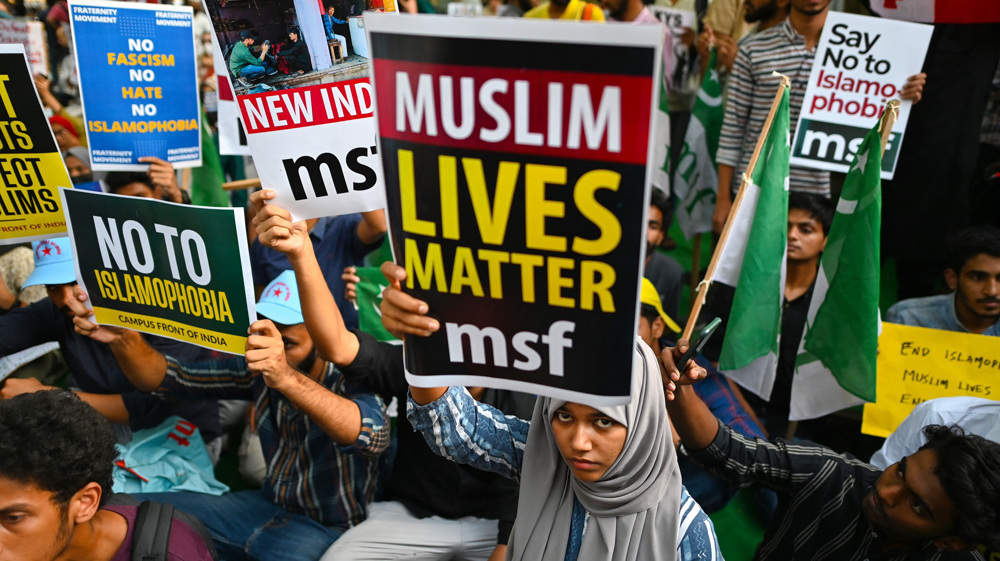
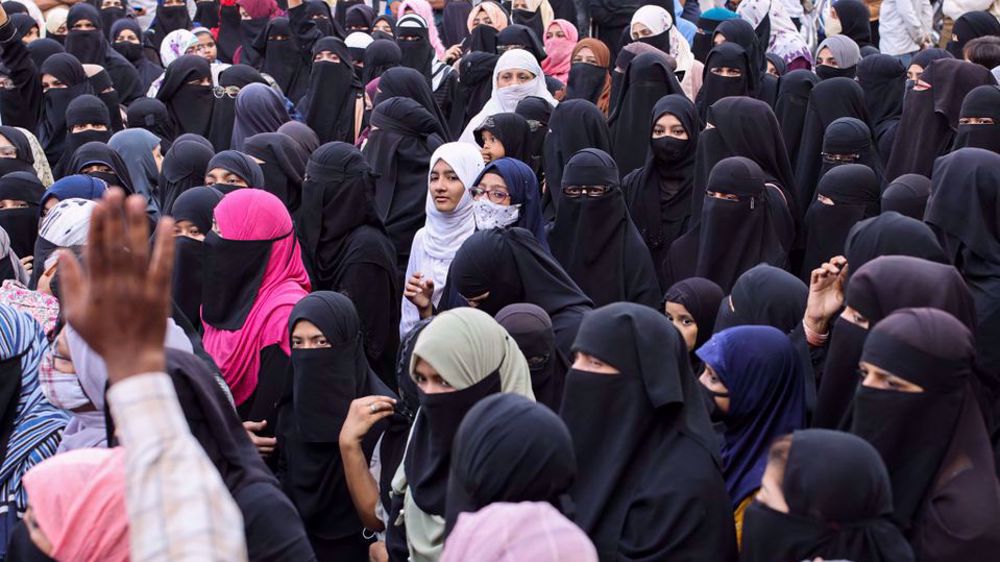
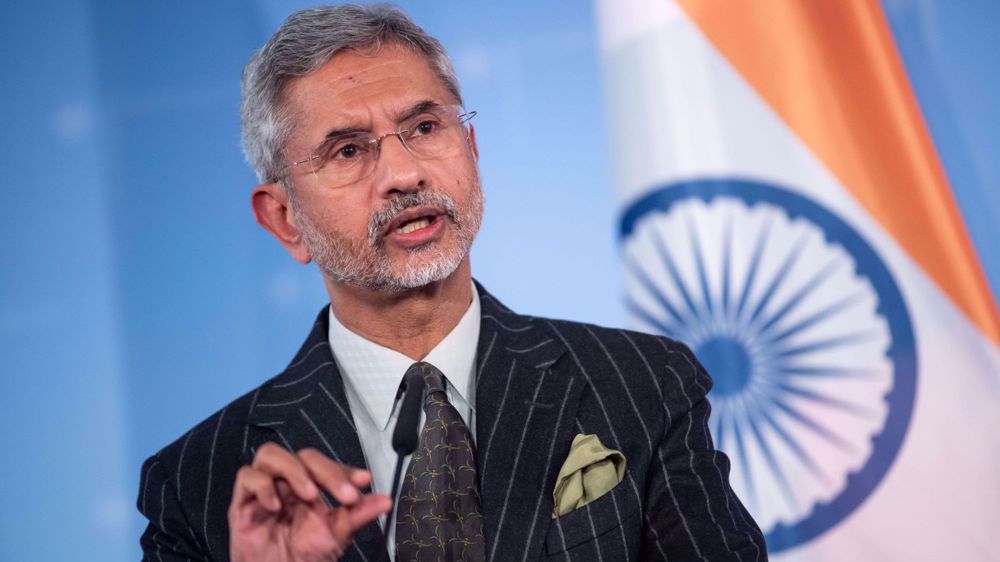
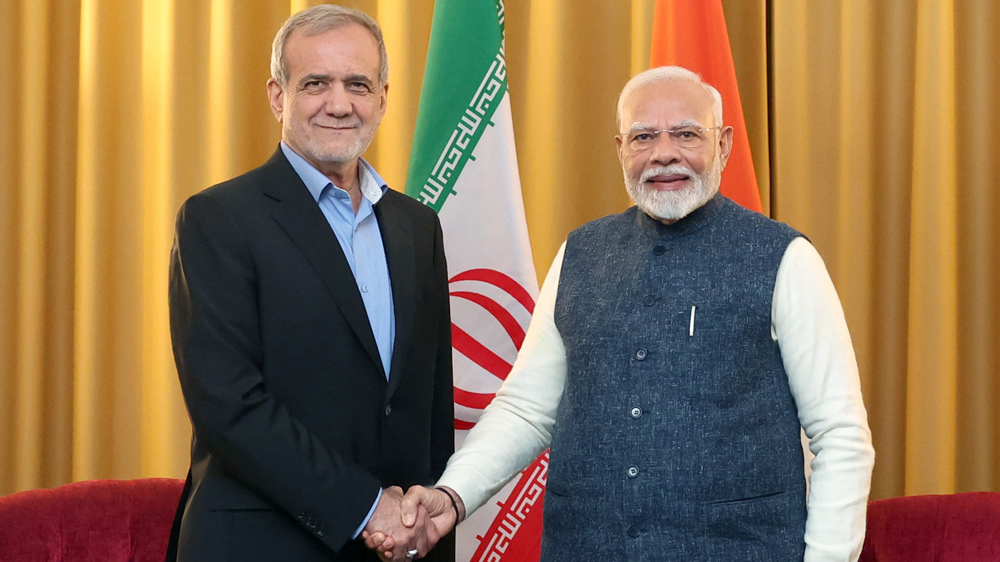




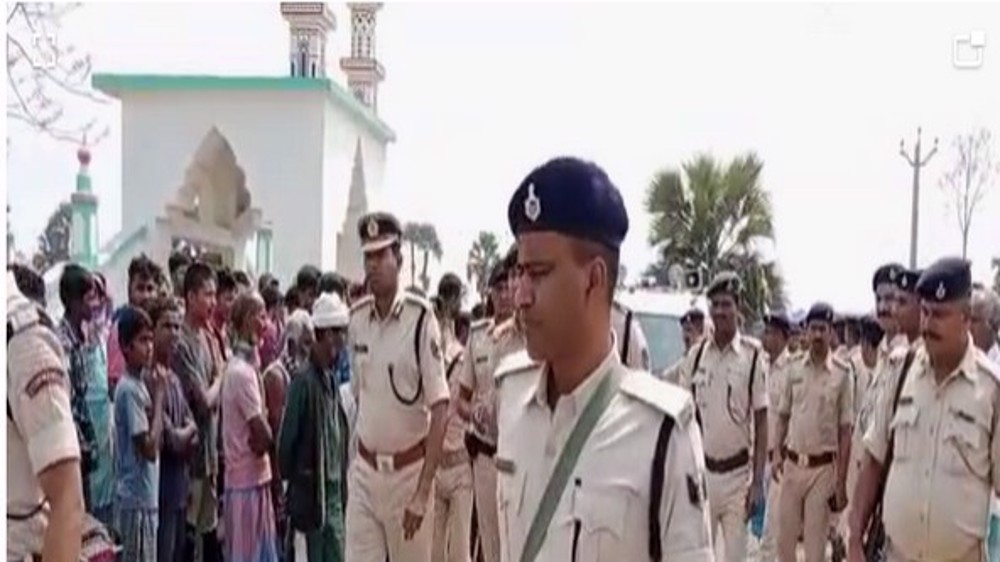

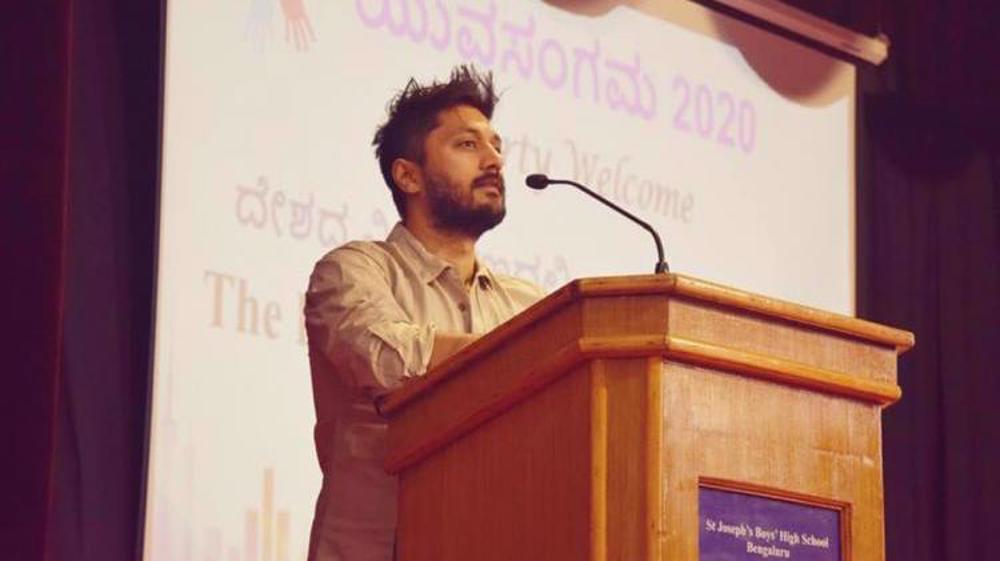
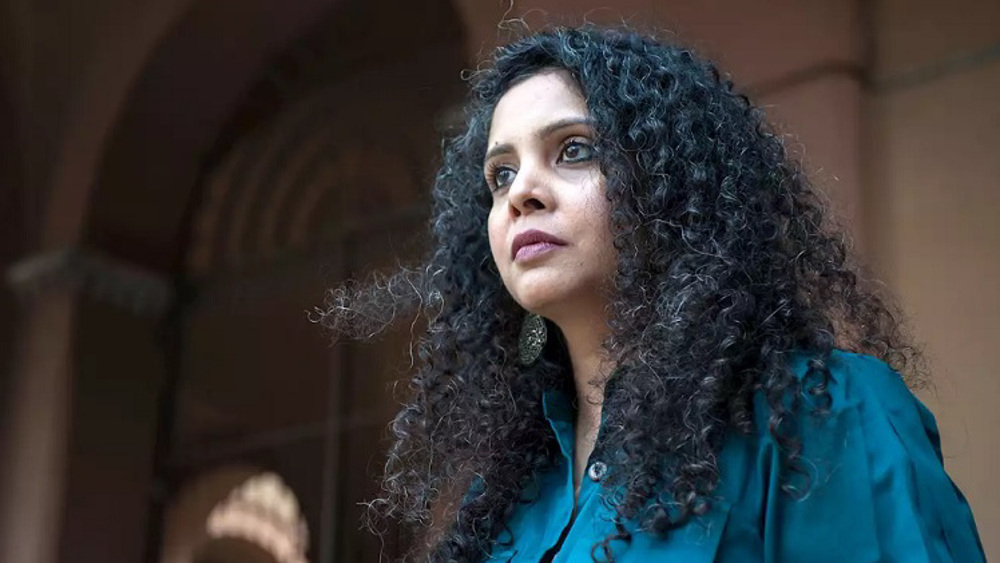

 This makes it easy to access the Press TV website
This makes it easy to access the Press TV website